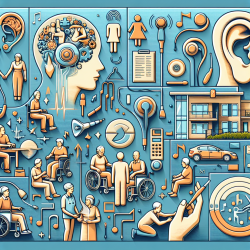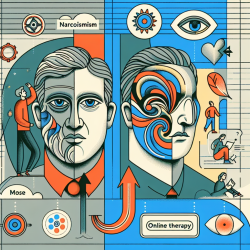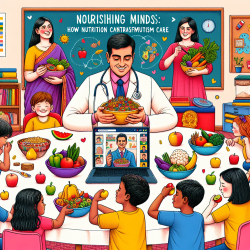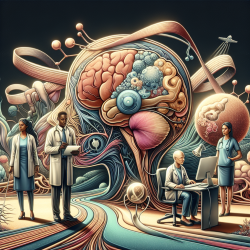Convolutional neural networks (CNNs) are a type of deep learning model known for their ability to capture intricate patterns and features from input data. In the context of pavement roughness recognition, a one-dimensional residual convolutional neural network (1D-RCNN) has demonstrated exceptional accuracy and efficiency in classifying different grades of pavement roughness. This is achieved by directly using sensor signals as inputs, thereby simplifying the model processing process and reducing the need for extensive data preprocessing.
The research conducted by Xu and Yu (2023) highlights several key advantages of using a 1D-RCNN for pavement roughness recognition:
- High Accuracy: The 1D-RCNN model achieved an accuracy of 98.7% in classifying pavement roughness grades, significantly improving the accuracy of the recognition algorithm.
- Efficiency: The model reduces computational effort, making it suitable for real-time applications.
- Robust Feature Extraction: The residual learning mechanism enhances the model's ability to capture deep-level information from input signals.
- Lightweight Architecture: The 1D-RCNN requires a smaller amount of data for training, making it practical for various applications.
These findings can be translated into the field of online therapy services in several ways:
1. Enhanced Data Processing
Online therapy often involves analyzing large volumes of data, such as speech patterns, facial expressions, and physiological signals. By implementing a 1D-RCNN, therapists can efficiently process these data streams in real-time, leading to more accurate assessments and personalized interventions.
2. Improved Accuracy in Diagnosis
The high accuracy of the 1D-RCNN in classifying pavement roughness can be analogous to accurately diagnosing various conditions in therapy. For instance, the model's robust feature extraction capabilities can be applied to identify subtle changes in a client's behavior or emotional state, enabling timely and appropriate therapeutic responses.
3. Real-time Monitoring and Feedback
The efficiency of the 1D-RCNN allows for real-time monitoring and feedback during therapy sessions. This can be particularly beneficial in teletherapy, where immediate responses to client behaviors are crucial for effective intervention.
4. Personalized Therapy Plans
The lightweight architecture of the 1D-RCNN makes it feasible to develop personalized therapy plans based on individual client data. Therapists can use the model to analyze specific patterns and tailor interventions that address the unique needs of each client.
In conclusion, the advancements in neural network research, as demonstrated by the 1D-RCNN model for pavement roughness recognition, offer valuable insights and tools that can be adapted to enhance online therapy services. By incorporating these technologies, TinyEYE can improve the accuracy, efficiency, and personalization of its therapeutic interventions, ultimately leading to better outcomes for clients.
To read the original research paper, please follow this link: Pavement Roughness Grade Recognition Based on One-dimensional Residual Convolutional Neural Network










